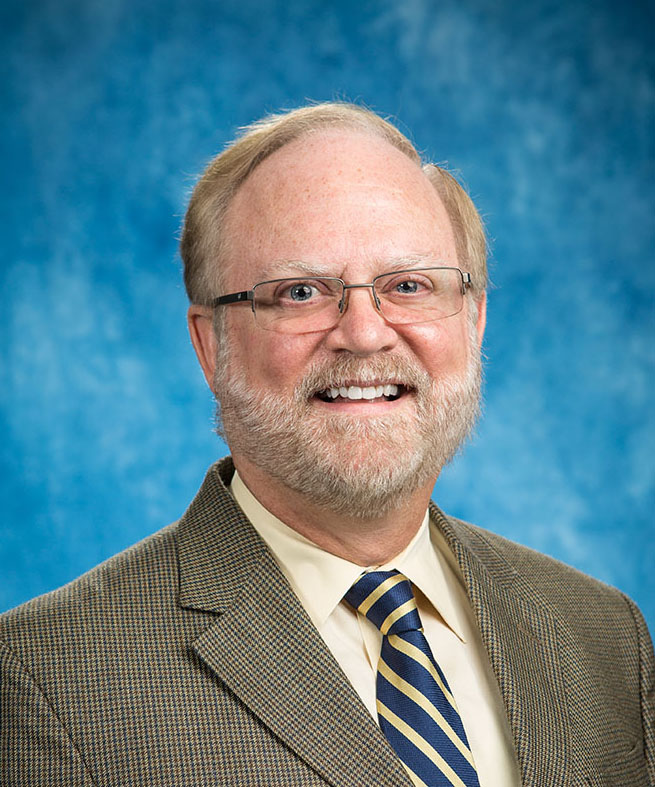Candidate Statement: Terry D. Oswalt
Nominated Office: Councilor
Affiliation: Embry-Riddle Aeronautical University (USRA)
Position/title: Professor & Chair (Eng. Phys., Space Phys., Astron. & Astrophys. programs)
PhD institution: The Ohio State University (1981)
Areas of scientific interest:
- Binary stars
- Stellar evolution
- Minor planets & comets
- Astronomy education & outreach
- History of astronomy
AAS positions & dates:
- Shapley Lecturer (1990-present)
- Bok Award Judge (1990-2007)
- Working Group on Amateur-Professional Collaboration (2000-4) founding member
- Van Biesbroeck Award Committee 2006-9
- Nominations Committee 2011-4 (Chair 2013)
- In addition, many years of general AAS service, e.g., session speaker, reviewing small grant proposals, sorting meeting abstracts, chairing sessions, small grant reviewer, etc.
Other relevant positions & experience:
- Member, AAS & AAS Div. of Planetary Sci., (1980-present)
- Member IAU, 1989-present (Com. 26 Binary Stars; 46 Variable Stars; 52 Astron. Ed.)
- IAU Commission CG.1 (Binary & Multiple Stars) Scientific Organizing Committee (2015-2018)
- Chairman, Southeastern Association for Research in Astronomy (1990-present)
- Director, SARA Research Experiences for Undergraduates Program (1996-1998)
- NSF, Program Officer for Stellar Astronomy & Astrophysics (1998-2000)
- Council on Undergraduate Research, Physics & Astronomy Councilor (2000-present): Nominating Committee, Advocacy Committee, and CUR liaison for the AAS statement on undergraduate research), CUR Division Chair and E-Board representative (2016-2018)
- AAS Historical Astron. Div. (2008-present)
- NOAO Telescope Allocation Committee (2013-2015)
- NASA Science Mission Directorate Astrophysics Subcommittee (2012-2014)
Candidate Statement: If elected AAS Councilor, I will work hard to better engage our membership and to ensure their interests and priorities are represented within the governance of the AAS on several fronts. We should engage more early career astronomers (especially those in “nontraditional” positions) in AAS activities and increase our Society's service to this, the majority segment of our profession. The AAS should also expand efforts to improve the diversity, equity and safety of those in our profession. I have a special interest the AAS advocacy for undergraduate engagement in research, its incorporation into curricula, and for better governmental support for astronomical research in general. We should also seek closer collaborations with other professional organizations, societies, the media and funding agencies that have interests in bringing the excitement of scientific discovery to the public. Finally, as the astronomical community prepares for a new generation of ground- and space-based facilities and a decadal discussion of scientific priorities, the AAS should provide an effective conduit and venues for the astronomical community's input to the relevant planning committees.


